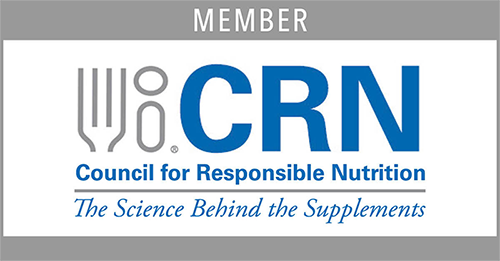What is It?*
Source Type: Coenzyme
Source(s):
- Naturally found in animal sources (salmon, tuna, organ meats)
- Naturally found in some plant sources (whole grains, nuts)
- Synthesized naturally within the body
- Chemically synthesized in labs
Coenzyme Q10 (CoQ10) is a substance that helps convert food into energy. It is found in almost every cell in the body, and is a powerful antioxidant. CoQ10 is necessary for the production of ATP, which provides energy for all cells and tissues in the body.
Benefits*
Some of the benefits of CoQ10 include promoting cardiovascular health, improving neurological health, regulating blood sugar, increasing fertility, and enhancing exercise performance. CoQ10 is also sometimes used to support heart surgery and recovery.
Effectiveness*
Researchers believe that CoQ10 can help promote cardiovascular health because it can improve energy production in cells, prevent blood clots, and act as an antioxidant. Numerous studies have found that supplementation of CoQ10 can lower systolic blood pressure and reduce high cholesterol. But, its cardioprotective benefits don’t end there. Other studies found that people who took CoQ10 within three days of a heart attack were less likely to have subsequent heart attacks. Additionally, there is evidence that CoQ10 may help treat heart failure when combined with conventional medicines. It’s important to note that this data is still considered controversial and you should always speak to your doctor before supplementing with this nutrient.
Preliminary clinical studies suggest that CoQ10 may have a role in supporting neurological health and is being studied for its potential in managing neurodegenerative diseases, such as Parkinson’s.
Some studies found that CoQ10 was beneficial for improving blood sugar control in people with diabetes, but other studies did not show the same effects.
Some studies have found that CoQ10 may be effective for improving fertility in men and women, but this research is still in an early stage.
Research has found that CoQ10 supplementation has the potential to enhance exercise performance and reduce exercise-induced muscle damage.
Risks*
Side effects of CoQ10 are rare, but may include gastrointestinal symptoms such as nausea, diarrhea, or upset stomach. CoQ10 supplements can interact with certain medications, such as blood-thinning drugs (anticoagulants) and medications that lower blood pressure. CoQ10 also has the ability to lower blood sugar, so people with diabetes should talk to their doctor before taking it to avoid the risk of hypoglycemia. Researchers have not done studies and are unsure if CoQ10 supplements are safe during pregnancy or breastfeeding.



